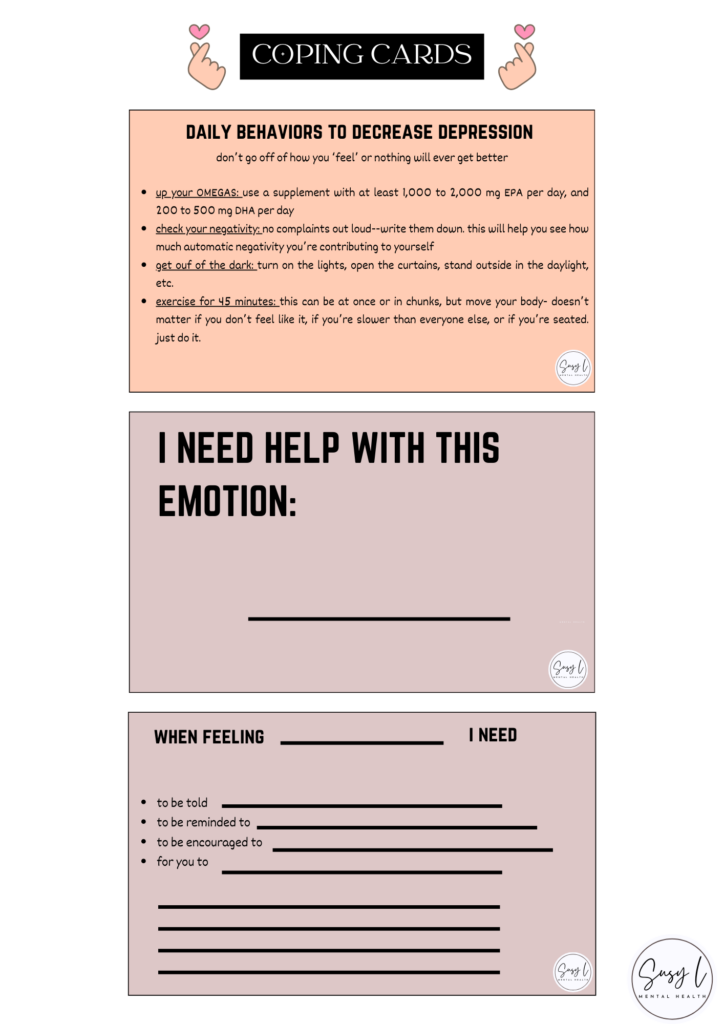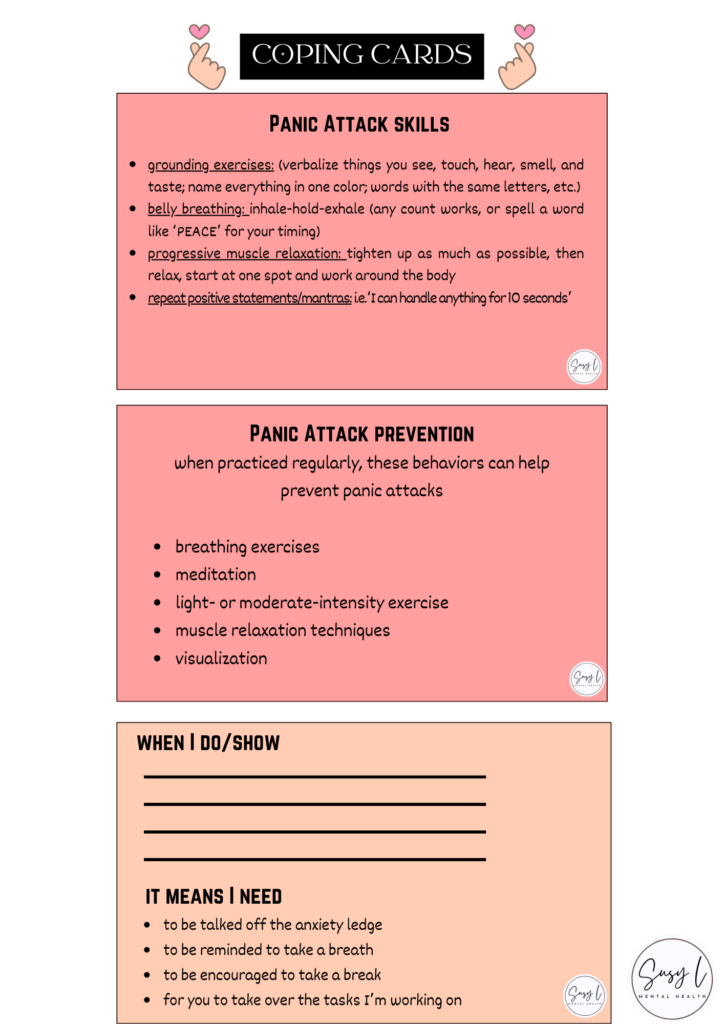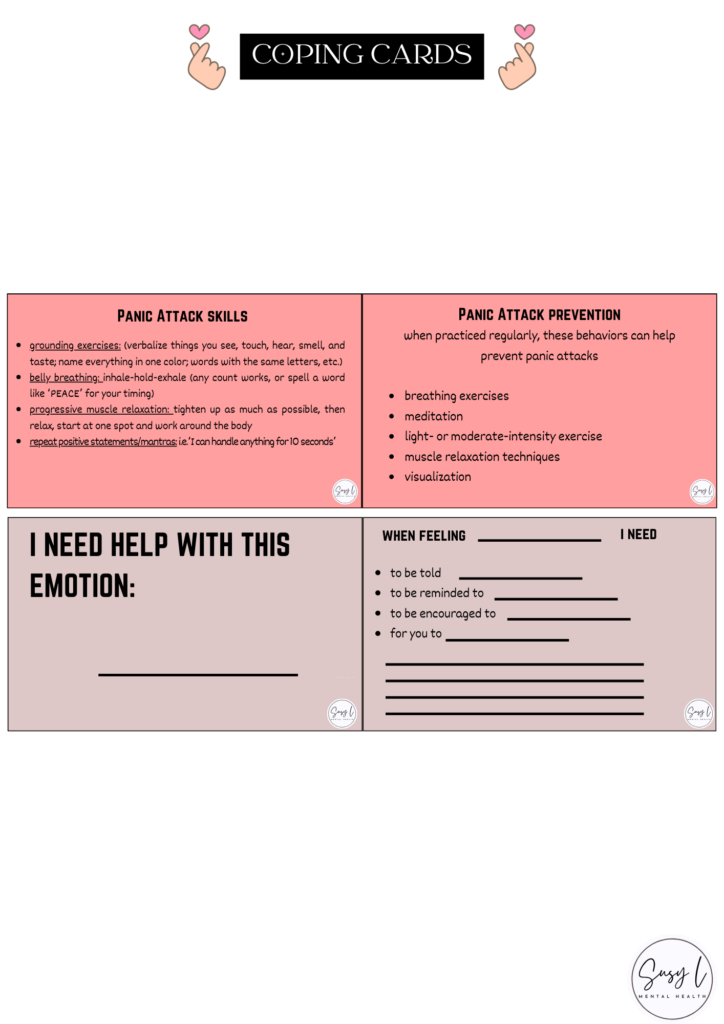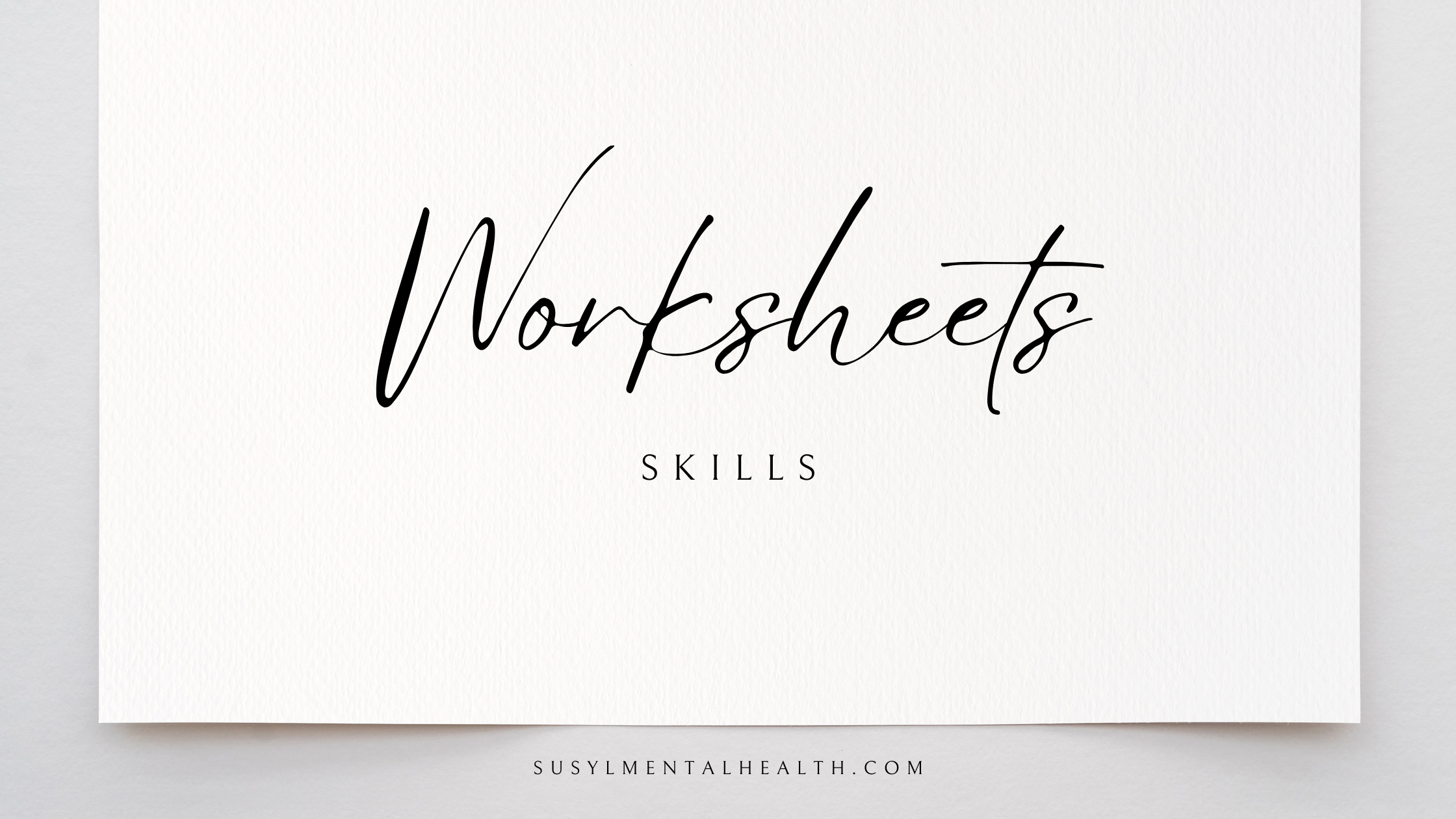WORKSHEETS
read post
If you haven’t realized it yet, I LOVE worksheets. journals. templates. probing questions– that sort of thing. Basically, if someone wishes they had something on paper I decide to make it because then it’s accessible to anyone, at anytime.
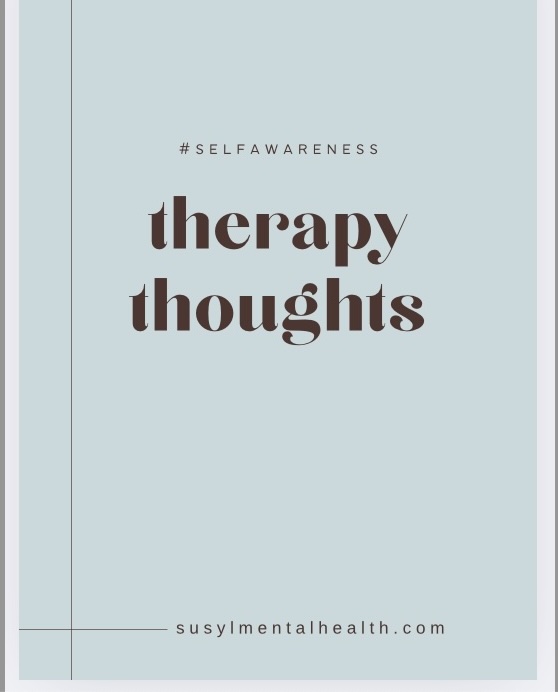
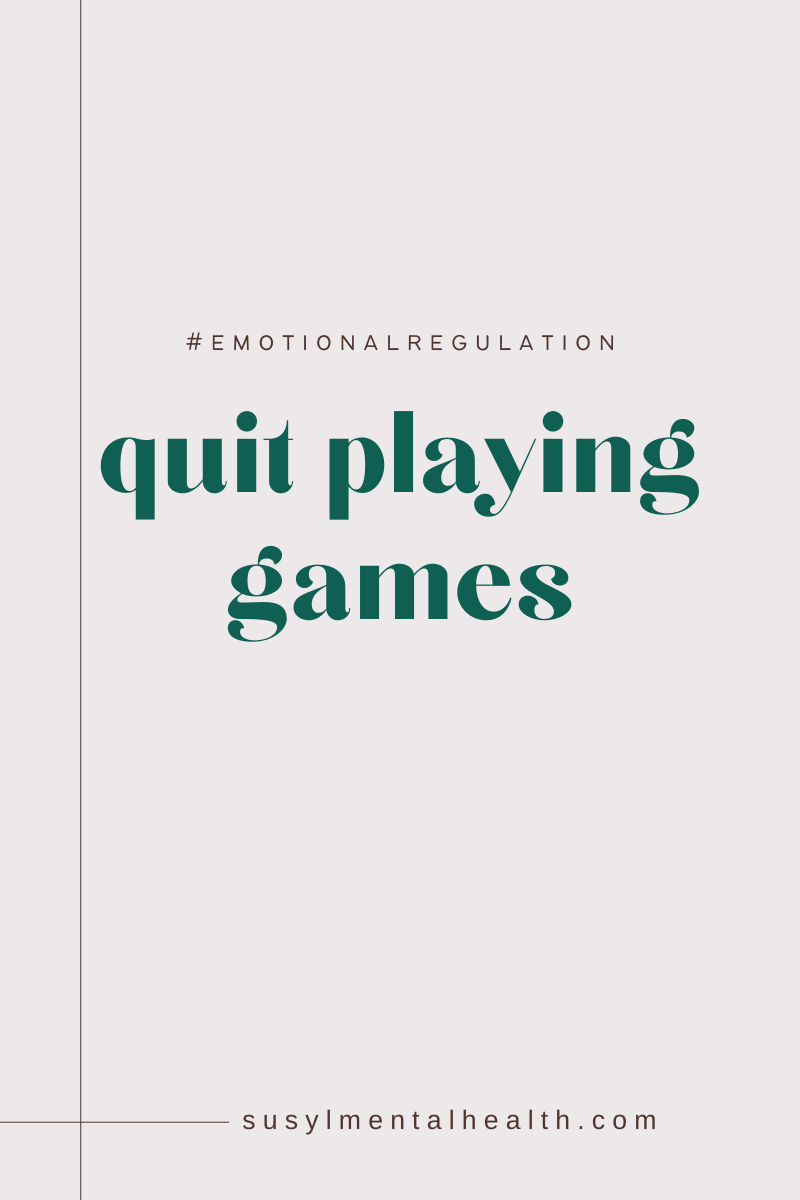
A significant amount of work in therapy goes to learning how to continuously use reality testing skills. What are reality testing skills? They are skills used in Cognitive Behavioral Therapy (CBT) which boil down to: catch (the thought), check (the thought), change (the thought). I didn’t come up with the 3 C’s, and I can’t credit the source because I saw it on pinterest many years ago.
Instead- I like to simplify things to ask ‘is what was said the same thing that was heard‘? I.e. if you think a person hates you because you ask someone if they want to take a walk with you and they say they can’t, then what you heard does NOT match what was said. If you think someone thinks your outfit is ugly after you asked them if they like your outfit and they said ‘I think it’s ugly’, then what you heard matches what was said.
That is what would be considered a cognitive distortion, which can be explained in more detail at a later time.
Since thought records and therapy go hand in hand, and I have an excessive amount ofy love for templates and worksheets, I created one! As one improves their ability to reality test their thoughts, the formula eventually gets shorter than what is listed, but this is a thorough starting point. Use it before, during, or after therapy- or just use it as something to think about.
read post
read post
Hi! Relationships are a lot of work. That doesn’t mean yours is headed for doom! IMO it means both people are realizing that they can’t read each others’ minds (FACT!) and that the journey of knowing ourselves and others is lifelong and evolves constantly (ALSO FACT!). This book has a ton of great worksheets to help couples begin/continue conversations. I find the workbook pages 24-31 (pdf pages 31-39) especially important as they discuss identifying problems and dealing with technology use.


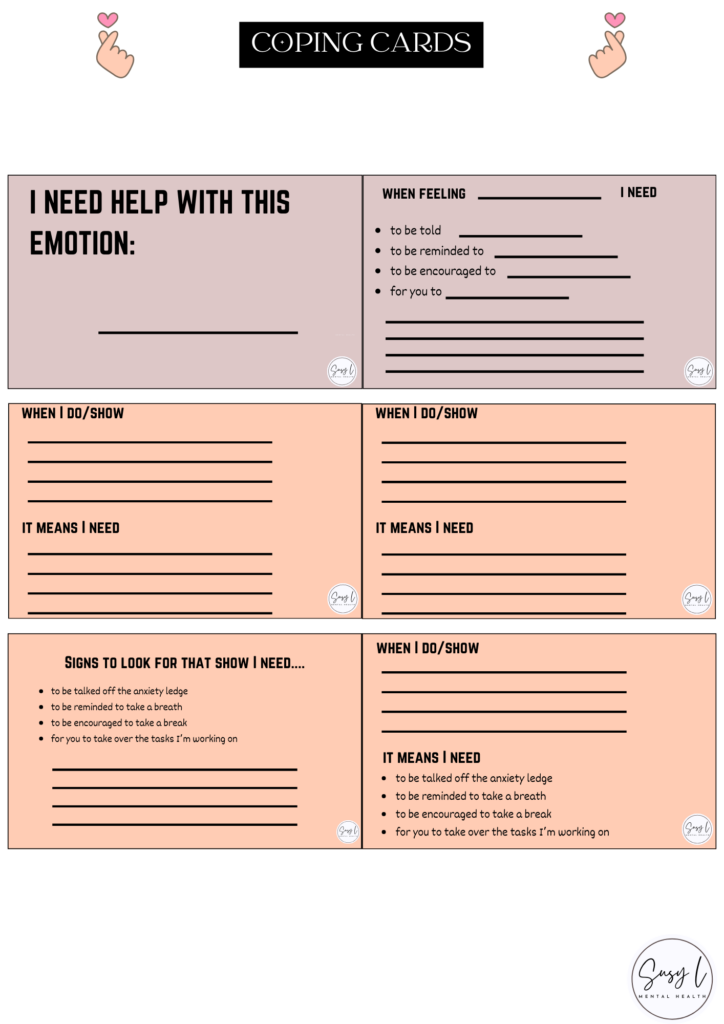
read post





